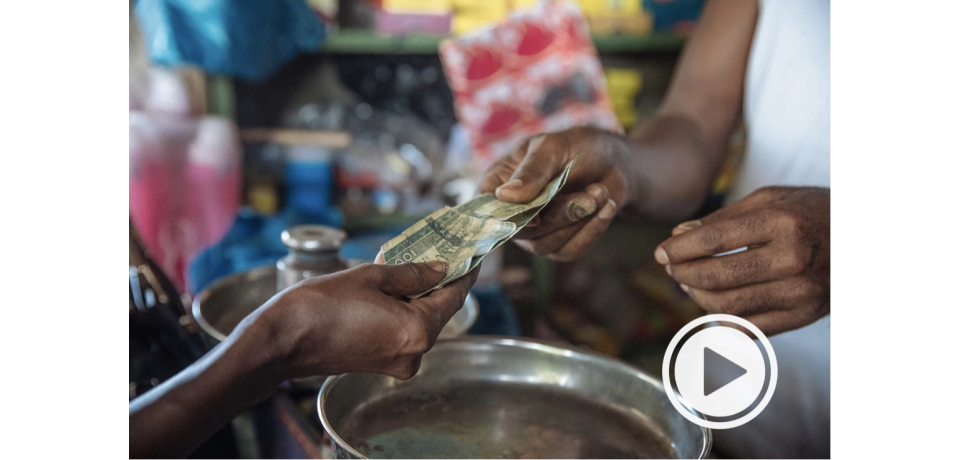IOM Director General's Message: Remittance Flows Play a Catalytic Role in the Development of Local Communities
Related Sustainable Development Goals and Global Compact for Migration Objectives
June 16th marks the International Day of Family Remittances (IDFR), a day that recognizes the role millions of migrants play through their remittances amidst economic insecurities, natural and climate-related disasters, and a global pandemic.
Migrants’ economic contributions to their countries of origin in the form of remittances have been well documented. Latest World Bank data shows that they continued to increase over the past year and are the most significant international financial flow for many low- and middle-income countries.
Through the COVID-19 pandemic, remittance flows remained stable and even increased thanks to migrants resourcefulness and resilience, providing a crucial lifeline for families and communities back home. In 2021, remittance flows grew to reach US$ 605 billion sent to low- and middle-income countries (World Bank, 2022).
If supported in the right way, remittances can also be a springboard for local investment and development. While we must be mindful of the Global Compact for Safe, Orderly and Regular Migration´ (GCM) commitment to protecting remittances as a private source of capital, and that private capital can be converted to private investment.
On IDFR 2022, IOM joins the United Nations system in commending the determination and resilience of the human spirit as evidenced by migrant workers. Further, the UN calls for governments, the private sector, development organizations and the civil society to promote digital and financial solutions for remittances that foster greater social and economic resilience and inclusion.
